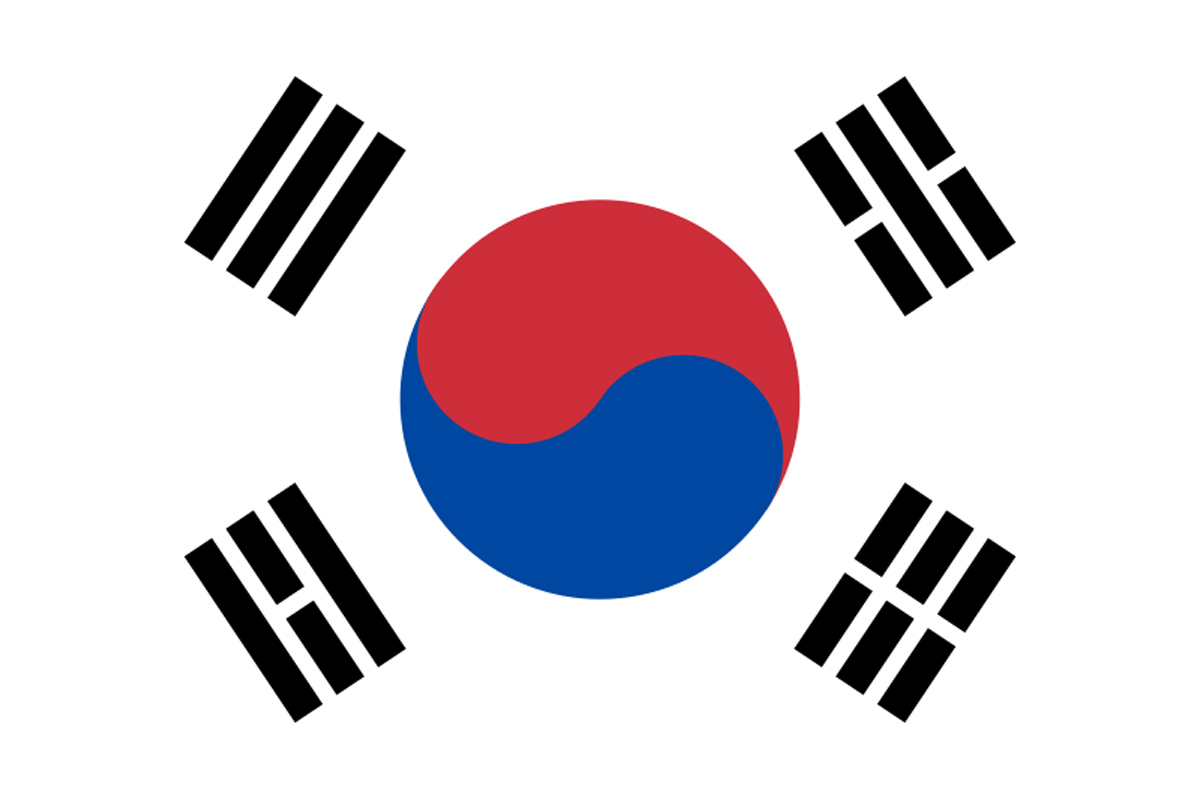If ever there was an exemplar of the merit of an incremental approach towards achieving strategic heft as a nation, it is South Korea. Globally a middle power, the past three decades of an assiduous focus on Grand Strategy have led Seoul to a position where, despite the limitations of geography, its political leadership is speaking in terms of the country as a global pivotal state (GPS). During last year’s South Korean presidential election campaign, then candidate Yoon Suk Yeol outlined his views on foreign policy in an oft-quoted article he wrote for a prominent international journal.
“South Korea,” he iterated, “should no longer be confined to the Korean Peninsula but rise to the challenge of being what I have described as a ‘global pivotal state,’ one that advances freedom, peace, and prosperity through liberal democratic values and substantial cooperation.”
Now president, Mr Yoon’s ambition for his country has significant policy implications for the international community. The vital themes which underpin the GPS concept, writes East Asia scholar Andrew Yeo, are: Deeper values; greater strategic relevance and increased global public goods. Having transitioned from a once war-torn, underdeveloped, authoritarian state to an economically developed, technologically advanced, democratic country, South Korea can indeed play the role of a GPS by helping shape international norms, enforce global rules, and bridge ties between developed and developing nations.
The USA and like-minded allies in Asia and Europe have welcomed the Yoon government’s broader diplomatic, economic, and strategic contributions extending beyond Asia. The challenge for Seoul is to convert GPS from an attractive slogan to a long-term strategic framework, but the way the country has gone about its business is a portent of likely success. The lessons for India are unmistakable, provided MEA officials are willing students. In 1994, South Korea surpassed the annual GDP of India, Australia, and the Netherlands.
That same year, President Kim Young-sam (1993-1997) promoted his policy of globalisation or segyehwa, which aimed at embracing a more internationalist foreign policy agenda that extended past the Northeast Asian region and looked beyond Seoul’s alliance with Washington. South Korea also successfully gained membership into the exclusive Organization for Economic Cooperation and Development (OECD) in 1996. But the 1997-98 Asian Financial Crisis and the fiscal austerity measures adopted by South Korea posed serious challenges in expanding Seoul’s foreign policy outreach. Progressive leaders like Kim Dae-jung (1998-2003) and Roh Moo-hyun (2003-2008), however, continued to reinforce South Korea’s identity as a middle power, primarily through their support for East Asian regionalism.
The establishment of the East Asian Vision Group and the East Asian Study Group in the early 2000s to strengthen regional cooperation were significant milestones. By the late 2000s, South Korea had fully embraced its middle power status and launched the “Global Korea” initiative.
In 2022, the Global Vision Committee ~ an advisory council for President’s Yoon’s electoral campaign ~ introduced the GPS concept, describing it as a shift away from the previous government’s focus on inter-Korea relations to a foreign policy strategy that embraces greater roles and responsibilities to resolving regional and global challenges and shaping the Indo-Pacific region and beyond.












